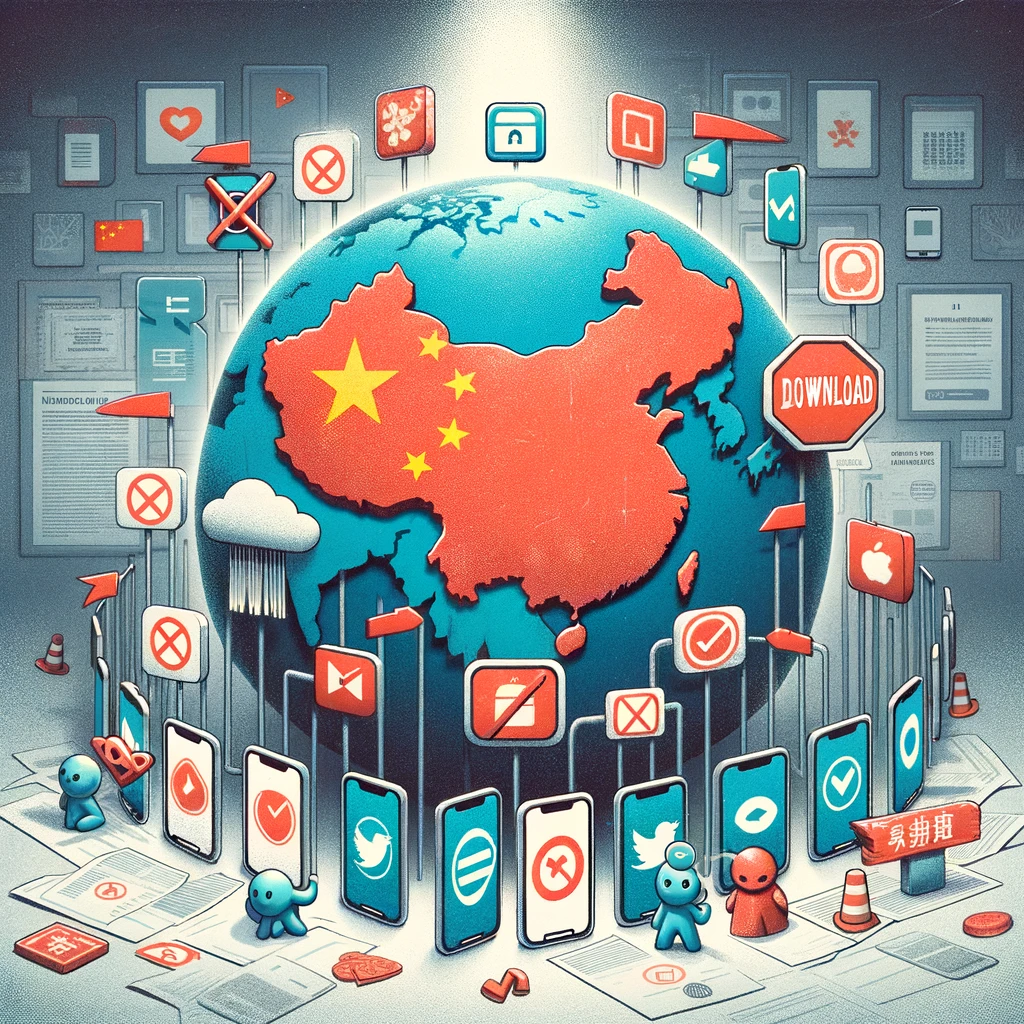
New App Registration Rules in China: A “Good Business” for Fake Apps
Recently, there have been significant changes in the apple AppStore in China. According to the latest regulations, all apps available in China must be registered. The primary goal of this policy is to enhance supervision and ensure user safety. However, this policy has led to some unexpected problems, especially for foreign apps.
Background of the New Registration Rules
In recent years, the Chinese government has been intensifying its regulation of internet content. The new registration system requires all apps operating in China to provide detailed corporate information and business qualifications and pass the review of relevant departments. This measure aims to prevent the spread of harmful information and ensure that users download and use safe and reliable apps.
Challenges Faced by Foreign Apps
However, for foreign apps seeking to enter the Chinese apple AppStore, the registration requirements pose significant challenges. Firstly, the registration process is complex and time-consuming, requiring a large amount of documentation and information, which many foreign companies are unfamiliar with. Secondly, differences in language and legal systems further complicate the registration process. Many foreign app developers choose to forgo entering the Chinese apple AppStore when faced with these obstacles.
Proliferation of Fake Apps
Due to the complexity and time-consuming nature of the registration process, some malicious actors have seized the opportunity. They quickly filled the market with various counterfeit apps by creating and launching them. These fake apps often imitate well-known foreign applications or outright use their names and icons, making it easy for users to be deceived when searching and downloading.
A well-known Chinese app developer shared a screenshot on social media showing the current state of the market flooded with fake apps. These fake apps not only infringe on the rights of the original applications but also pose security risks to users. Some fake apps contain malicious code that can steal users’ personal information or perform other illegal operations.

The “Good Business” Behind It
Behind the proliferation of fake apps is a “good business” for some unscrupulous individuals and developers. By impersonating well-known applications, they attract users to download and use their apps, then profit through advertisements, in-app purchases, and other means. This not only harms the interests of users but also negatively impacts the healthy development of the entire apple AppStore.
Conclusion
The new registration rules in China were originally intended to improve the safety and regulation of the market, but the issues arising during their implementation cannot be ignored. Simplifying the registration process while strengthening supervision and helping high-quality foreign apps smoothly enter the Chinese market is an urgent problem that needs to be addressed. At the same time, users need to be vigilant when downloading and using apps to avoid being deceived.
In the future, it is hoped that relevant departments can further improve policies, crack down on fake apps, maintain market order, and allow more high-quality apps to serve users.
About
create by tinyfool